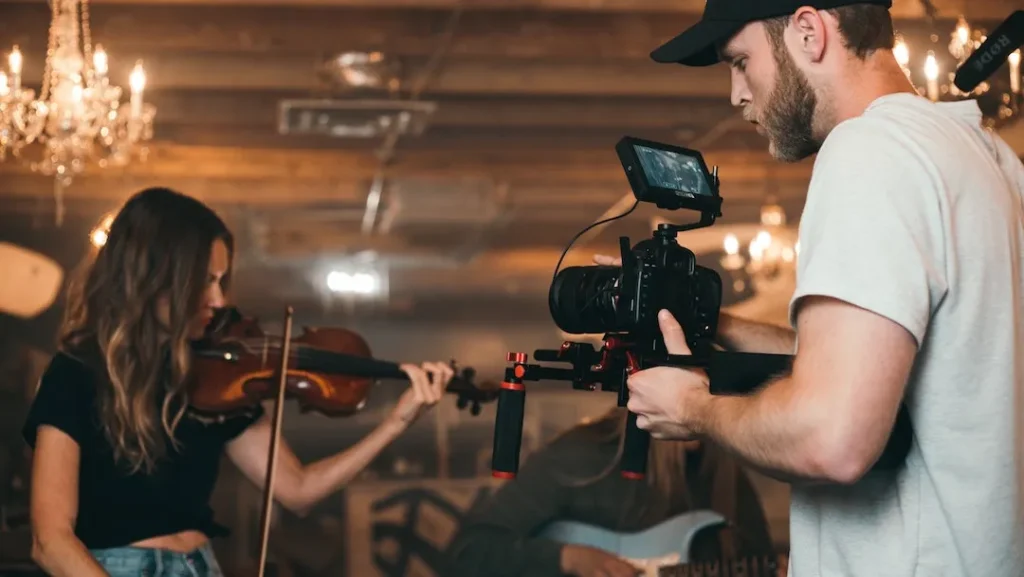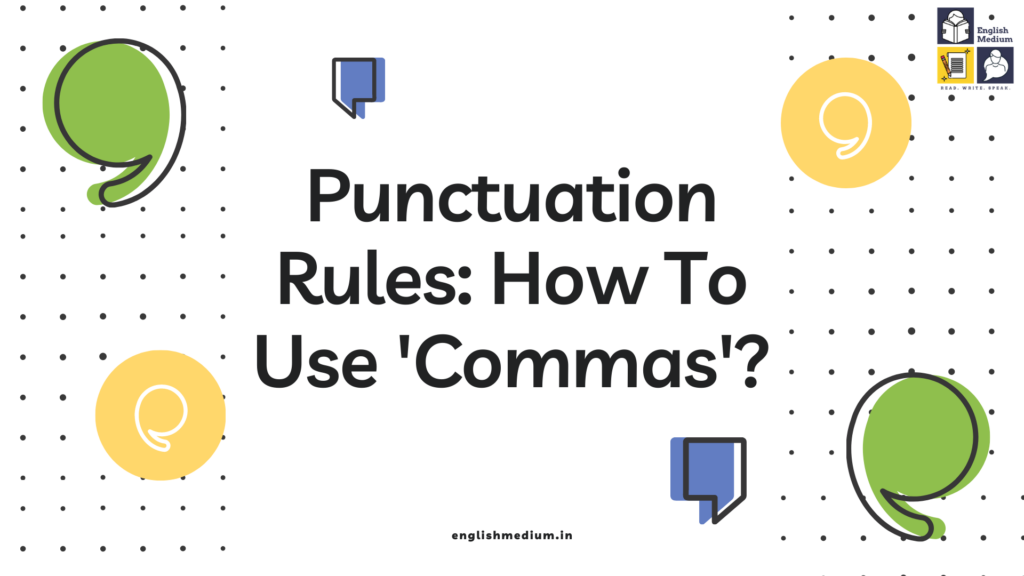The Role of Music in Film and TV

Music is an integral part of any film or television show. It has the power to evoke emotion, set the tone for a scene, and even create a powerful connection with the audience. In this blog post, we will take a look at how music is used in film and television, from its role in enhancing the story to the different genres of music used. We will also explore how music can create a powerful connection between the audience and the characters. Therefore, if you are looking to learn more about the role of music in film and television, this is the post for you.
Visit this Website: According to the Washington Post
Music Enhancing The Story
Music is an important part of storytelling, and it can be used to create a number of emotions in the audience. Whether it’s tension or anticipation, music has a role to play in every story. In this section, we’ll explore how music can be used to shape the emotions of a story and advance the plot. We’ll also look at some iconic compositions and discuss how they helped to shape the narrative. Finally, we’ll discuss how clear music cues help to deliver exposition and advance the plot.
When it comes to tension or anticipation, music can play an important role in building up the excitement for a story. By creating suspenseful or exciting themes, music can help to immerse the audience in the world that is being portrayed on screen.
Music also has a crucial role in conveying emotions in stories. By playing appropriate melodies at key moments, music can help to evoke powerful reactions from the audience. For example, when John Williams was asked to score The Return of The Jedi for Lucasfilm he knew that he had an exciting challenge ahead of him. Not only did he have to score one of the most iconic movies ever made, but he also had to create emotional moments that would resonate with long-time fans of Star Wars. In doing so, Williams was able to tap into memories and feelings that many people share with Star Wars – something that not many films are able to do!
The Role Of Music In Film And TV Genres
Music is an essential part of film and TV, and it plays a key role in evoking emotion in viewers. Different genres of film and TV utilize music in different ways to create an immersive viewing experience. For example, suspenseful scenes may use ominous music to build tension, while comedic scenes may use catchy tunes to lighten the mood. Properly selecting the right music for each scene can make a big difference in the overall viewer experience.
One of the most important aspects of creating a great soundtrack is collaboration between filmmakers, composers and musicians. This team effort is vital in order to ensure that each scene has the perfect musical accompaniment. Composers and musicians must work together to create arrangements that are both original and fitting for each specific scene. This process can take months or even years, but it’s worth it when you see viewers react emotionally to a great soundtrack.
The power of soundtracks cannot be overstated – they can add depth and emotion to any film or animetake TV genre. By understanding how music works together with filmmakers, composers and actors, you can create an unforgettable viewing experience for your audience.
Understanding How Music Contributes To Storytelling Across Genres
As storytellers, we rely on music to enhance the dynamics of our stories. Whether it’s adding a touch of romance to a mystery movie or helping to set the tone for a tense drama, music can play an important role in storytelling. Below, we’ll take a look at some of the ways that music contributes to storytelling across genres.
Music can help to enhance the dynamics of a story by providing cues for emotional responses. For example, during scenes where characters are confronting one another, sometimes dramatic music is played in order to heighten the tension. Alternatively, softer songs may be played when characters are talking about their feelings or when things are going well. By understanding how different types of music can affect viewers in different ways, you can create an even more immersive experience for your viewers.
Different types of music are used in movies and television shows for different reasons. For example, action movies often use fast-paced songs so that viewers feel like they’re on the edge of their seats. Meanwhile, romantic comedies often feature songs with catchy melodies that help to evoke positive emotions in viewers. As long as you’re aware of what type of music is being used and why it’s being used, you can use it strategically to add depth and complexity to your story.
Another way that music enhances storytelling is by emphasizing themes and moments throughout an episode or movie. For example, if your story involves warring factions vying for control over valuable resources, you might want to include pieces of classical or orchestral music that underscore this theme. Similarly, if your story is focused around love triangles or other complex relationships between characters, incorporating popular songs into your promotional materials could help attract attention from potential viewers.
Last but not least, let’s not forget about sound effects! Without sound effects (elevators arriving, people walking down hallways, etc.), many movies would be incredibly dull and difficult to watch without subtitles. As a matter of fact, many movie trailers also utilize sound effects sparingly so as not to distract from the visuals. Use sound effects strategically within your writing so as not to detract from its impact on readers, viewers, and listeners, just like filmmakers do every day!
Creating A Powerful Connection With The Audience
When you watch a film or ifun tv show, the music can help to bring scenes to life and create an emotional connection with the audience. It’s easy to forget how important music is in storytelling until you watch a movie or TV show without it. Without emotionally engaging music, scenes can feel flat and unfulfilling. However, there are a variety of ways that music can be used to enhance the experience of watching a film or TV show. In this section, we’ll take a look at some of the basics of music composition and discuss some of the different effects that different types of music can have on audience engagement and emotion. We’ll also provide tips for choosing the right music for a particular scene and discussing how sound design can be used to create an immersive experience for your viewers.
First and foremost, it’s important to understand that music is not just about providing background noise while we watch our favorite shows. Rather, good film and TV scores should be designed with specific goals in mind such as enhancing emotional engagement or helping to drive narrative forward. Here are four main ways that good film and TV scores achieve these goals:.
– Enhancing Emotional Engagement: Good film scores often evoke strong emotions in the viewer by creating stirring melodies or powerful chords that capture the listener’s attention. By doing this, filmmakers are able to drive home key scenes or moments in their story more effectively than simply relying on dialogue alone would achieve.
Read More: The Influence Of Music In Pop Culture
– Driving Narrative Forward: Good film scores also help to propel the story forward by providing memorable melodies that help listeners keep track of what’s going on throughout an entire movie or ifun tv episode (or even entire movie series!). This isn’t just helpful for first time viewers – even longtime fans might find themselves wandering off track if there aren’t any catchy tunes playing in the background!
– Supporting Visual Images: Just as importantly as making sure listeners keep up with what’s going on visually, good film scores often provide complimentary sounds that synergize well with visual elements such as cinematography or set design. This allows viewers to immerse themselves more fully in each scene – deepening their connection with what they’re watching onscreen!
Lastly, good compositions often feature memorable melodies that stick in your head long after you’ve finished listening – helping you get invested emotionally in each scene even further!
Although understanding these concepts is key when composing score for films and tv shows, don’t worry – there’s no need to become a musical genius overnight! In fact, many successful composers began.
To Wrap Things Up
Music is an essential part of storytelling and plays a vital role in evoking emotion in viewers. Different genres of film and television use music to create an immersive viewing experience. By understanding how different types of music can affect viewers in different ways, filmmakers can craft an unforgettable viewing experience for their audience. Music also has the power to create powerful connections with the characters and the story itself, drawing viewers into the narrative even more deeply. It is clear that music plays a key role in film and television, making it one of the most important tools for any storyteller!



